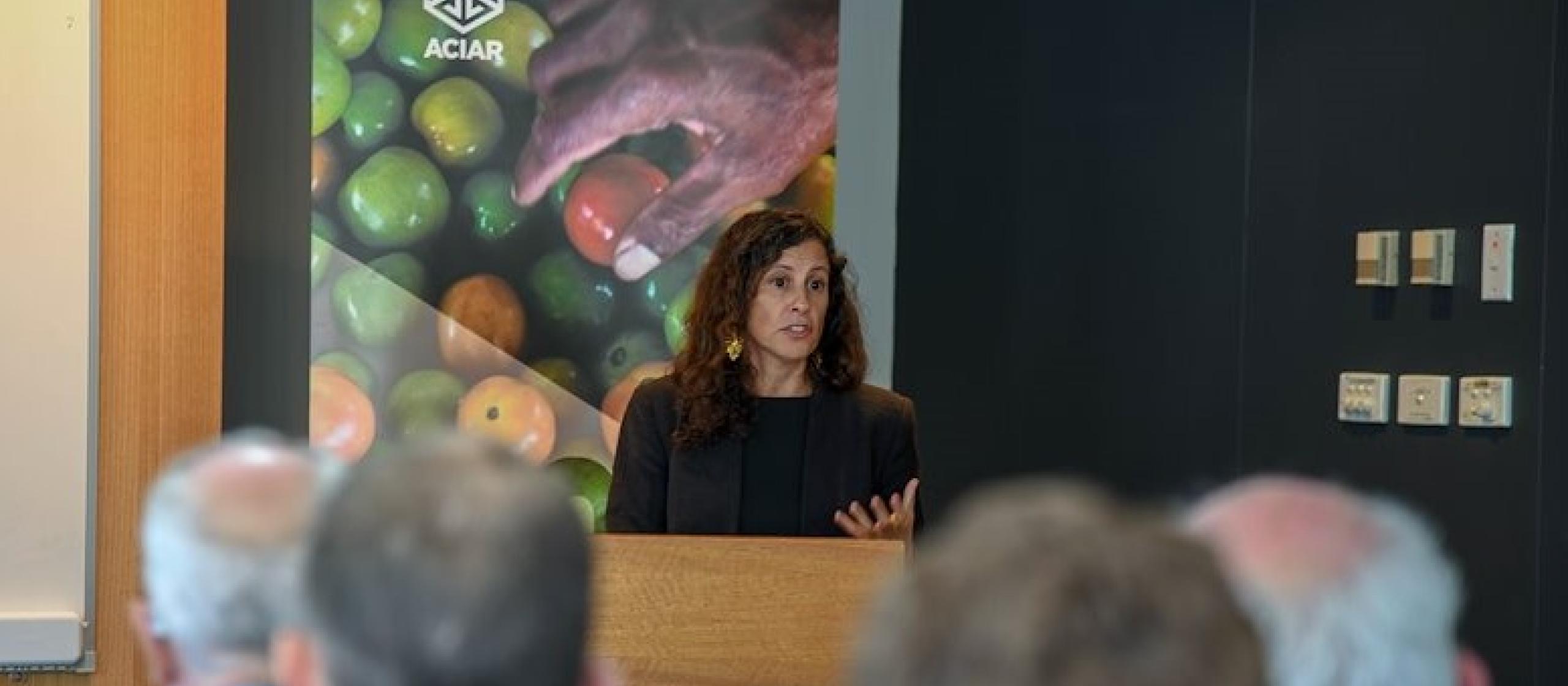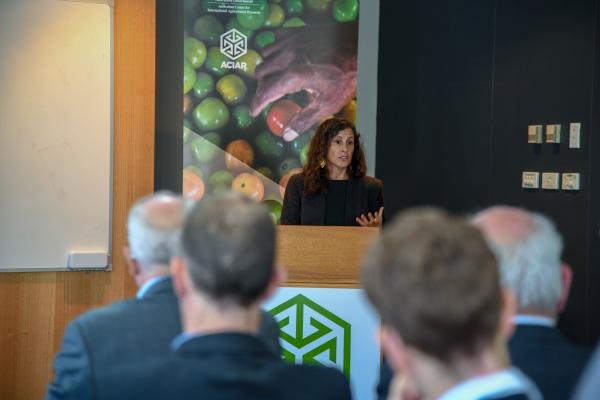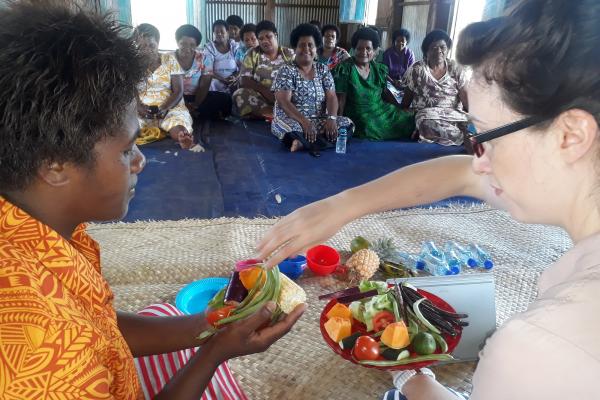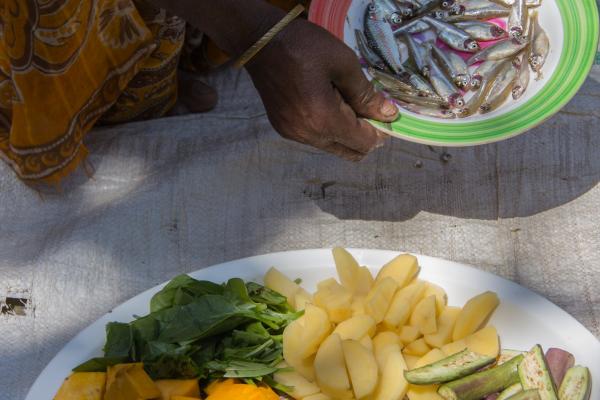- HomeHome
-
About ACIAR
- Our work
- Our people
-
Corporate information
- ACIAR Audit Committee
- Commission for International Agricultural Research
- Policy Advisory Council
- Agency reviews
- Executive remuneration disclosure
- Freedom of information (FOI)
- Gifts and benefits register
- Information publication scheme
- List of new agency files
- Contracts
- Legal services expenditure
- Privacy impact assessment register
- Commonwealth Child Safe Framework
- Benefits to Australia
- Careers
- 40 years of ACIAR
-
What we do
- Programs
- Cross-cutting areas
- Resources
- Where we work
-
Funding
- Research projects
- Fellowships
-
Scholarships
- John Allwright FellowshipScholarships to study in Australia for ACIAR partner country scientists to have Australian postgraduate qualifications
- ACIAR Pacific Agriculture Scholarships and Support and Climate Resilience Program
- Alumni Research Support Facility
- Publications
- News and Outreach
Date released
10 January 2019
Undernutrition is improving, but far too slowly, and obesity is rising rapidly worldwide, regardless of income levels. To lift this double burden requires an integrated global approach, focusing on the 17 Sustainable Development Goals.
Dr Jessica Fanzo has taken a year’s leave of absence from her position as Bloomberg Distinguished Associate Professor at Johns Hopkins University to serve as the Senior Programme Officer for Nutrition and Food Systems at the UN Food and Agriculture Organization (FAO). She is also the co-chair of the Global Nutrition Report. Her research and program experience in sub-Saharan Africa, South and East Asia have led her to take a systems approach across sectors to improve nutrition and diet.
It was time to act, she told the conference. ‘While some indicators of global health are improving, nutrition overall is not.’ She presented compelling statistics that highlighted the insidious and pervasive double burden of nutrition, saying that while ‘undernutrition is decreasing, [progress] is way too slow. Obesity is rising, rapidly.’
- Twenty-two per cent, or 150 million of the world’s children under the age of five are chronically undernourished or stunted.
- Fifty million children are wasted or acutely malnourished, with a high risk of dying.
- On the other hand, 38 million children, and over two billion adults are overweight or obese. That number is rising across the world, from low- to high-income countries.
- The diet-related incidence of noncommunicable diseases such as diabetes, cardiovascular diseases and some cancers is also on the rise.
Dr Fanzo concluded her presentation by posing the question: ‘What do we do to address this massive burden, and who should do it?’ She said there was nothing new about needing the efforts of many sectors and many disciplines to help eradicate the burden, but what was required was a new global approach to development—the shared effort required across the 17 Sustainable Development Goals.
She said we should ‘see development across the goals as part of an integrated whole and that each goal is essential for what we, as global citizens, would agree is a better, more equitable world. It is not just about what other sectors can do for us in the nutrition community to deliver our goals, but what we can do for them in delivering their goals.’
After the conference, Partners also spoke to Dr Fanzo at her FAO office in Rome, where she elaborated on some of the conference themes. Partners asked her whether, in the face of these figures, she remained hopeful.
‘I’m optimistic,’ she says. ‘The food environment is incredibly difficult to navigate, but there’s a tsunami of things happening in response to the obesity epidemic.’ These include government actions such as a tax on soda drinks and the reformulation of foods. ‘There are a lot of solutions which need to be scaled up and financed,’ she explains. ‘The food and beverage industry is being held accountable, but we need to increase investment in nutrition … especially innovative investments from the private sector.’
As a further cause for optimism, she points to the leadership in keeping nutrition on the international development agenda shown by global figures such as the UN Secretary-General and heads of the World Bank and the FAO. She also takes heart from Imran Khan’s inaugural speech as prime minister of Pakistan in August 2018. Khan referred to stunting as one of the urgent challenges facing his nation. ‘We are unfortunately one of the countries that suffer from the highest incidences of stunting in children. We are talking about 45% of this nation’s children. They are not getting proper nutrition. They are not developing properly.’
The 2018 Global Nutrition Report is due out in November.






